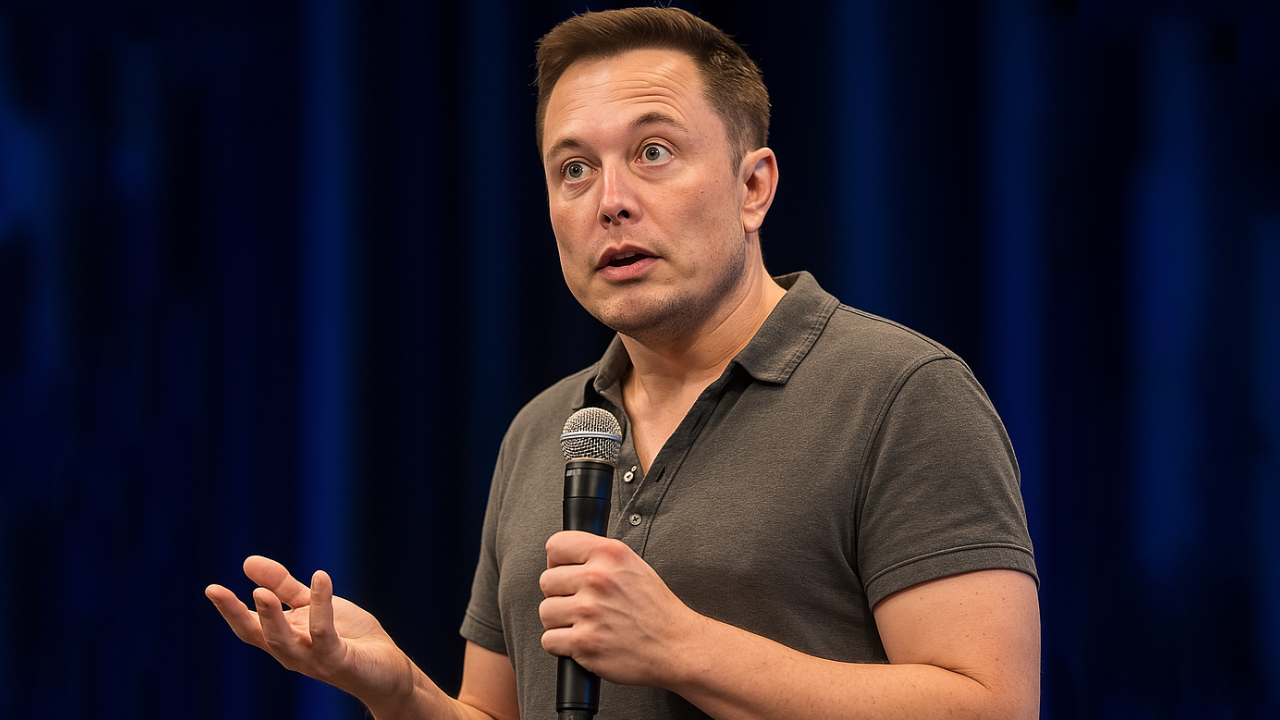Elon Musk ‘s public argument with Donald Trump is not only a media spectacle, but also a signal of how much social media has changed the rules of the game in politics and the economy. Where a single tweet can cause a market panic, real power is increasingly held by those who can condense it to 280 characters.
The recent Trump-Musk conflict is therefore not just a personal skirmish between two influential men. It is a sign of the times – and a warning. When the emotional reactions of a narrow group of opinion leaders are amplified by social media, the consequences for markets and geopolitics can be immediate, and often difficult to reverse.
Politics in the X era
Social media have not only accelerated the circulation of information – they have completely redefined the relationship between politics, the media and the public. What was once an internal game of the elite is now the subject of public debate, memes, polls and viral commentary. Elon Musk – owner of Platform X and at the same time a key player in the space, automotive and energy sectors – now has a reach comparable to that of the major media, and is not subject to their rules.
The fact that his one sentence can reduce Tesla’s valuation by 14% speaks volumes not only about the strength of his personal brand, but also about the fragility of today’s markets. Even more important: it shows how easily emotions and personal grudges can influence economic and political decisions today.
When emotions rule the market
The case of Musk and Trump is also a reminder that, as the old adage goes, if you don’t know what’s at stake, it’s usually money. Musk’s criticism of the ‘big, beautiful bill’ of the budget may have been rooted in real concerns about the state’s finances, but at the same time it hurt Tesla’s interests in losing tax preferences. Trump’s response was as political as it was personal – because, as we all know, anyone who challenges his decisions automatically becomes a threat.
Both sides have a lot to lose here. Musk cares about maintaining federal contracts for SpaceX and continuing to influence US technology policy. Trump cares about building the image of a leader who is in control of everything – even former allies. Neither ideology nor economics will disappear from this game – but there is no denying that money is the common denominator here.
A politician is also a human being (and not always the best HR manager)
The whole situation reveals another, less obvious truth: politicians – regardless of the scale of their influence – are not infallible when it comes to choosing collaborators. Musk was once a close adviser in the Trump administration, in charge of cutting spending and reforming government agencies. Today, just weeks after leaving, he is publicly questioning the sense of the reforms he co-created.
This raises questions not only about loyalty or motivation, but also about leadership and relationship management competence. The public – increasingly aware, increasingly informed – has a right to expect leaders to be not only effective, but also emotionally resilient and responsible. And that they will surround themselves with people who will not act impulsively in difficult moments.
New order of ilnformation
Not everything in this story is negative. The age of social media also brings an important benefit: it is harder today to hide, manipulate or sweep something under the carpet. Even if Elon Musk does not always formulate his statements in a balanced way, his actions and words become an immediate subject of public debate. This in turn forces greater transparency – both on the business and political side.
But on the other hand, a world reacting to the emotional posts of billionaires in real time is an unpredictable world. Laws with billions of dollars in economic impact, space contracts or international relations should not depend on the impulse of someone pressing ‘Publish’. And while Musk has backed down from his threat to ground the Dragon capsule, and Trump has tried to defuse the dispute, the crack on trust – and market values – remains.?
We need a new language and a new maturity in public communication. Because while social media has opened up citizens’ access to information and shortened the distance to power, at the same time it has blurred the line between state decision and personal resentment. And this is dangerous.












